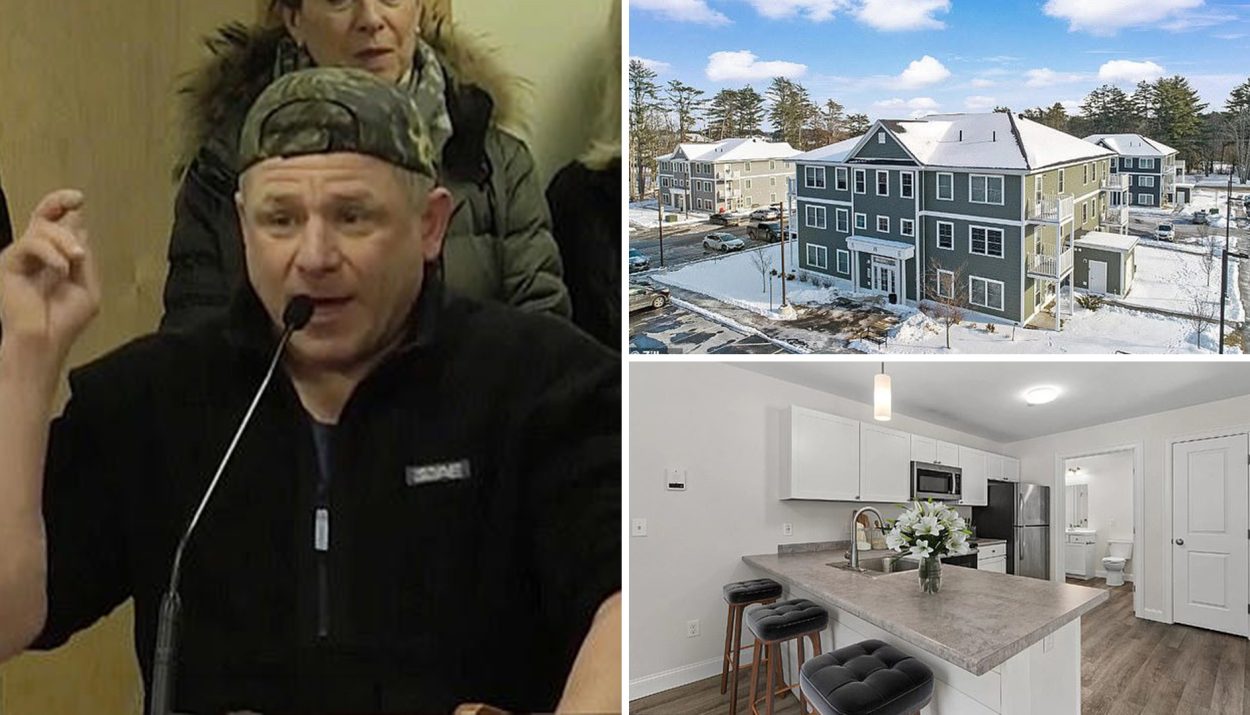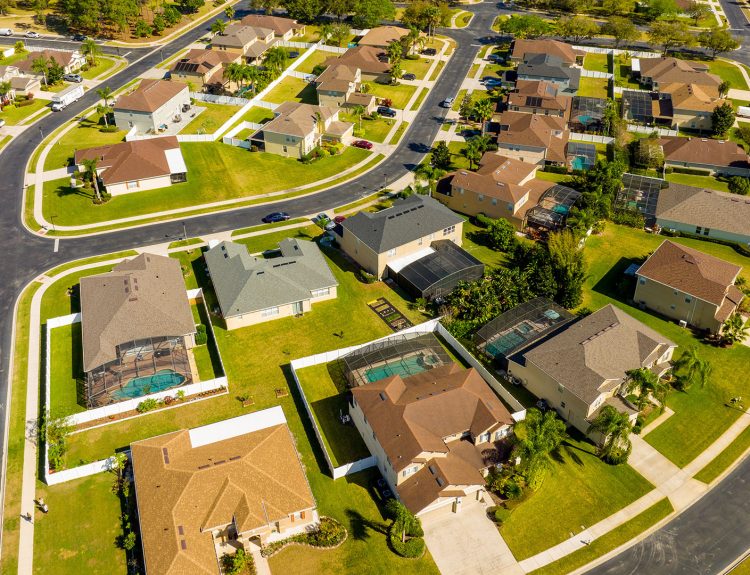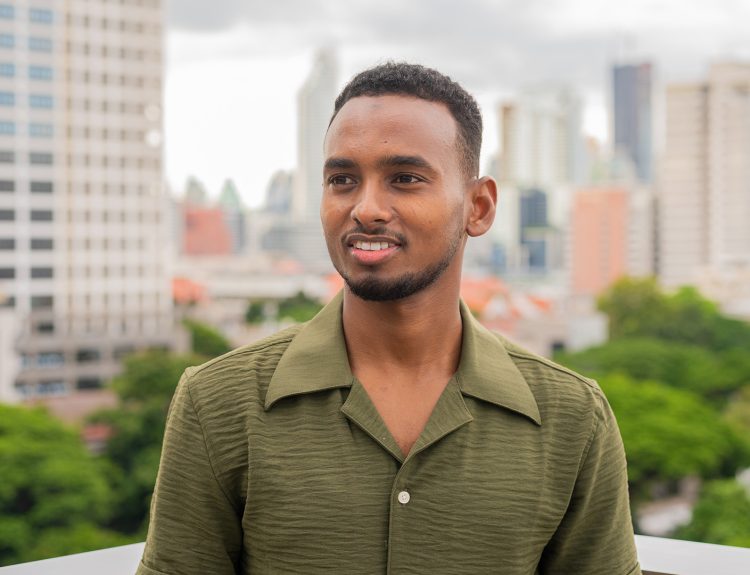A $13 million housing complex intended to provide rent-free apartments for asylum seekers in Brunswick, Maine, has sparked intense local backlash from residents who believe the expensive accommodations unfairly benefit newcomers over U.S. citizens struggling to afford housing in the area.
The controversial development, funded by a mix of public and private money, will consist of 60 apartments where asylum seekers can live without paying rent for up to two years as they await work permits.
Immigrant Housing Complex as a Safe Haven
The new housing complex has proven controversial, with some residents arguing that resources would be better spent on affordable housing for long-term Brunswick residents facing increasing costs of living.
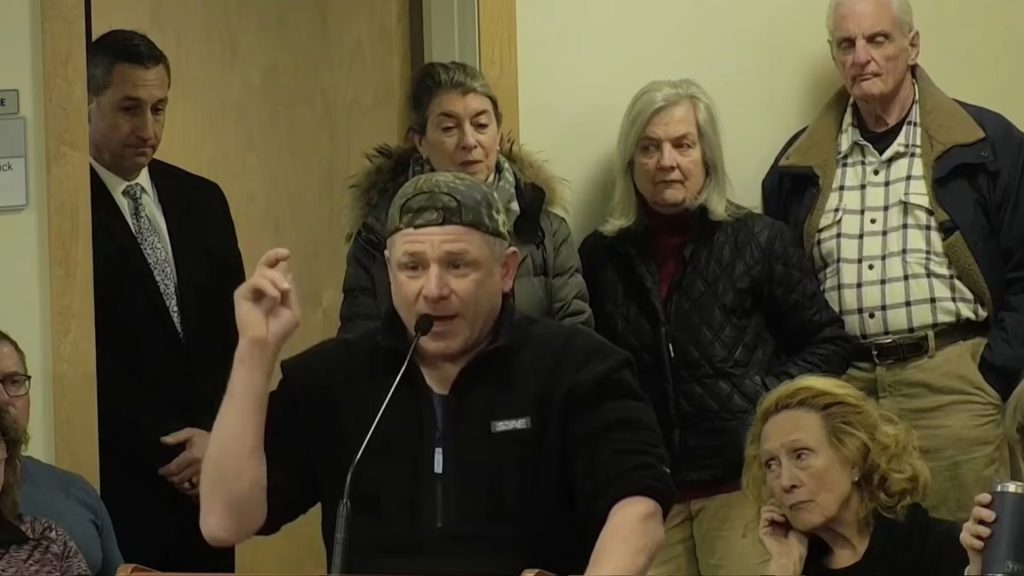
However, proponents counter that the funds were specifically allocated to aid asylum seekers awaiting refugee status and work authorization, a vulnerable group in need of transitional housing and support.
Brunswick Unveils Controversial $13M Housing Complex for Asylum Seekers
According to officials, the $13 million housing complex will allow asylum seekers to live rent-free for up to two years while they await work permits.
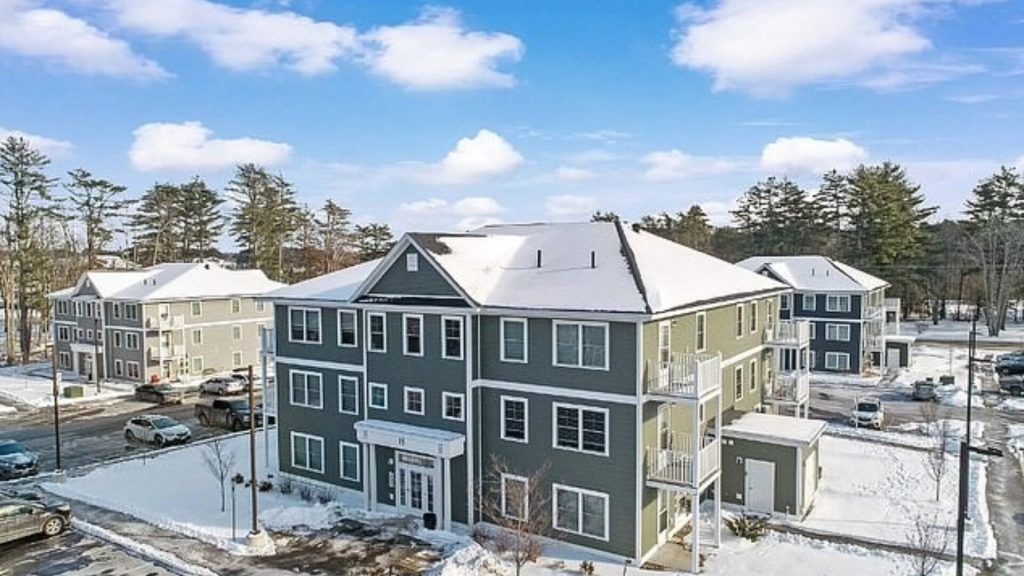
Once asylum seekers obtain employment and earn at least 50% of the median income, currently $29,872 per year in Brunswick, they will be required to pay 30% of the market rent for their unit.
Criticism from Residents
Some Brunswick residents voiced opposition to the project at a town council meeting, arguing that the town should focus on providing affordable housing for current residents first. Local resident George Bernier said, “How can we give housing to anyone other than our Brunswick residents first?”
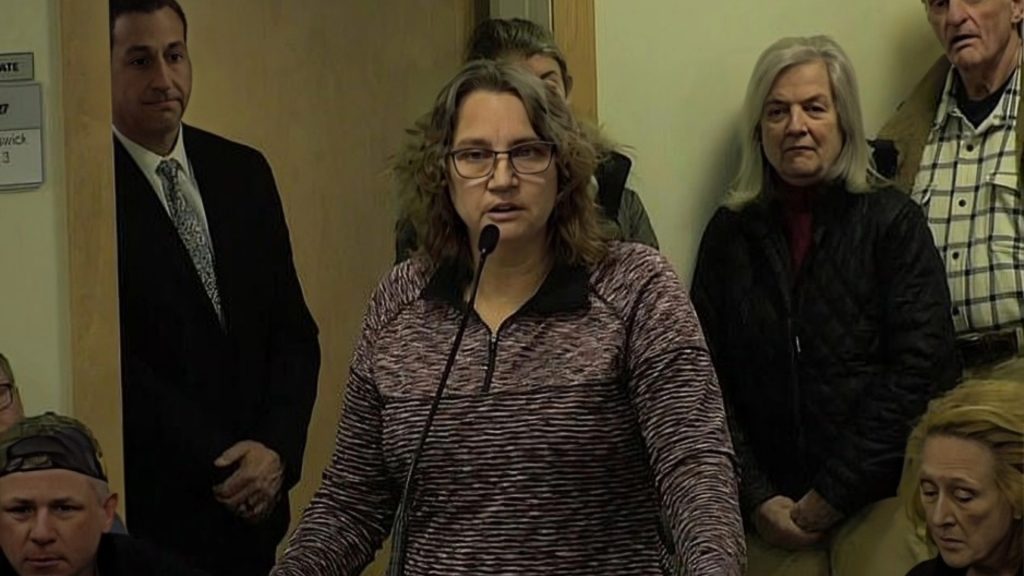
Another resident, Lisa Trombley, said, “You need to take a look at the needs of our current residents. If we don’t have a plan to take care of the residents, we shouldn’t be inviting them to come. No matter where they are coming from, we can’t afford to do it.”
Defense from Officials
Officials defended the project, noting that it is funded through private donations and state funds, not municipal tax dollars. Town Council Chair Abby King said the housing was not originally designated for asylum seekers, but the plan changed.

The new housing units will provide temporary shelter for asylum seekers who would otherwise end up in homeless shelters or hotels. One asylum seeker, Esther, said the housing provides more stability and privacy than a shelter. She said, “In a hotel, there are rules and regulations.
Housing Crunch Fuels Debate
The debate comes as Brunswick faces a shortage of affordable housing. Home prices have climbed nearly 10% in the last year, with the average house now costing over $452,000. Rents have also risen significantly.
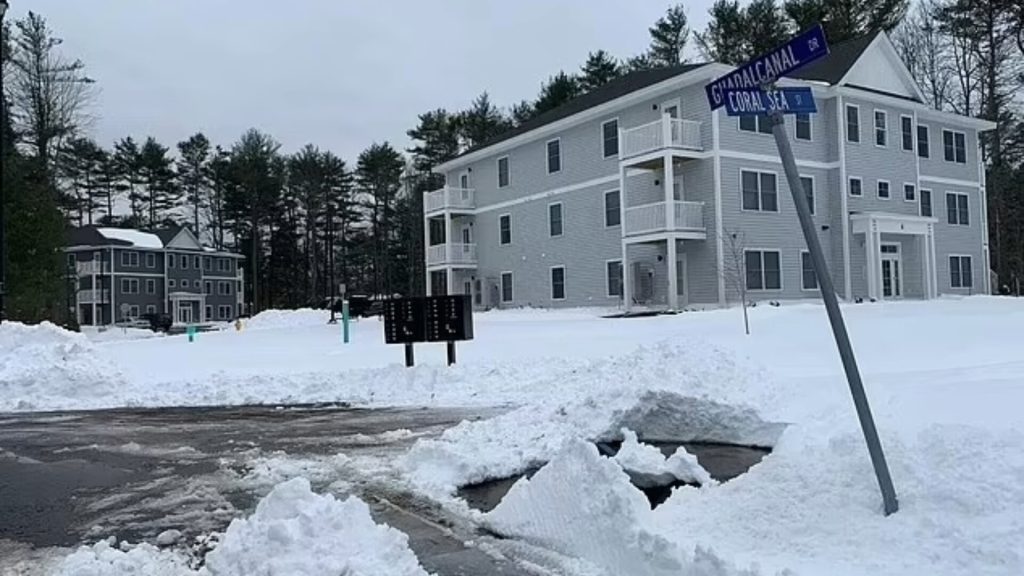
Some argue resources should be focused on addressing this crisis for current residents before supporting newcomers. However, supporters counter that asylum seekers face even more dire circumstances and need compassion.
Financial Support and Subsidies
The state government has allocated $2 million to cover rent at the properties for the first two years. After that period, tenants are expected to pay 30% of their income toward rent. At Brunswick’s median salary of $59,744 per year, tenants would start contributing around $480 per month for a one-bedroom apartment with a market rent of $1,600.
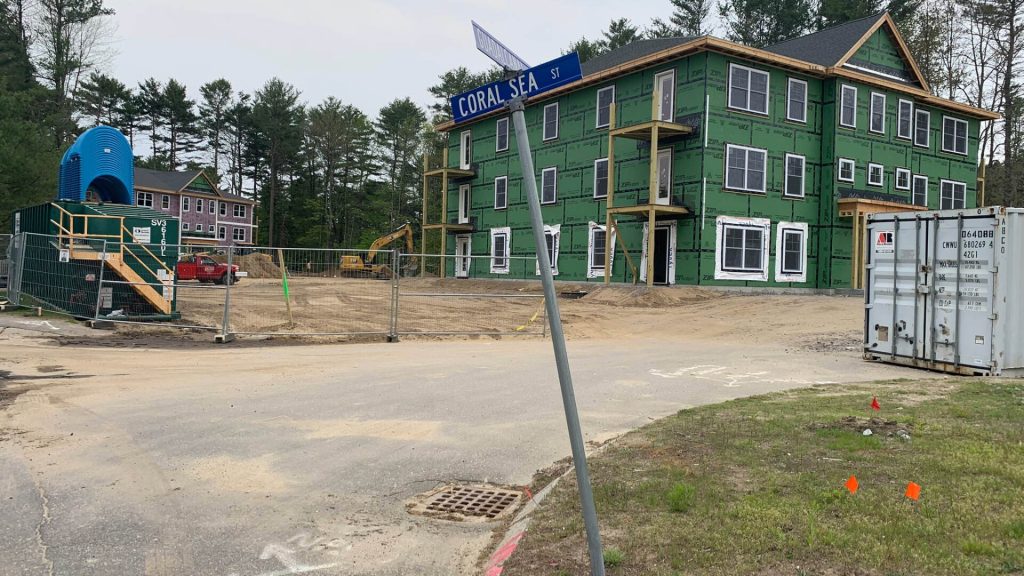
The subsidies and below-market rents have angered some locals who argue the funds should support current residents in need. The community remains deeply divided, with valid arguments on both sides, as Brunswick grapples with how best to balance the needs of both current and future residents.
Local Outrage Over Perceived Unfair Advantages
Many residents argue this policy gives unfair advantages to noncitizens. At a February town council meeting, George Bernier stated, “You have all these houses being built. That’s discrimination, in my eyes. Am I too white? Is that what it is? Do I work too much? What’s the discrimination factor?”
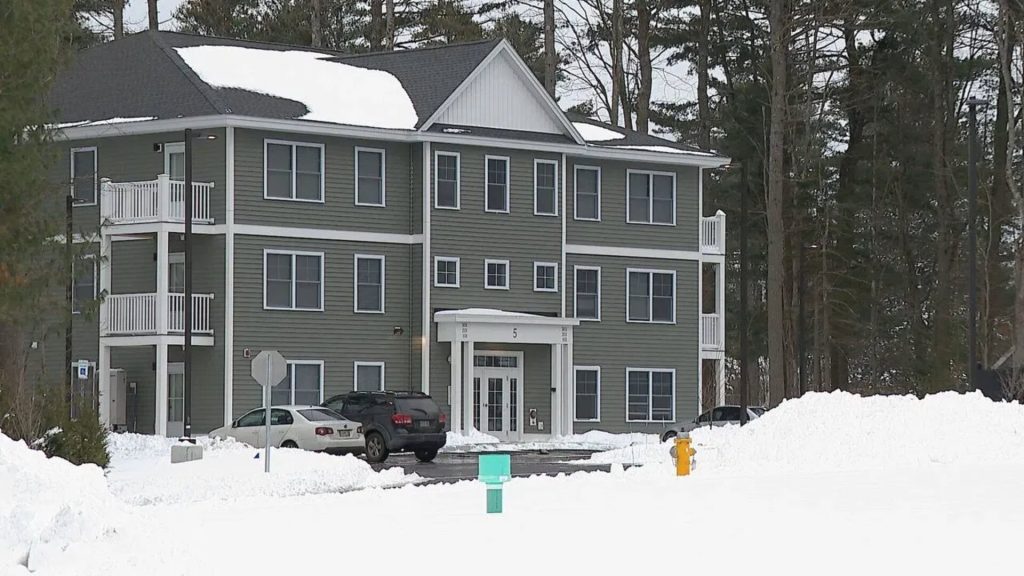
Others questioned why resources were not first allocated to help current residents in need of affordable housing. Lisa Trombley said, “You need to take a look at the needs of our current residents.
Project Funded by Public and Private Money
The state of Maine has allocated $2 million to subsidize rent payments for tenants in the complex over the first two years. After this period, tenants earning at least 50% of the median income in the area will be required to pay 30% of the market rent for their units.
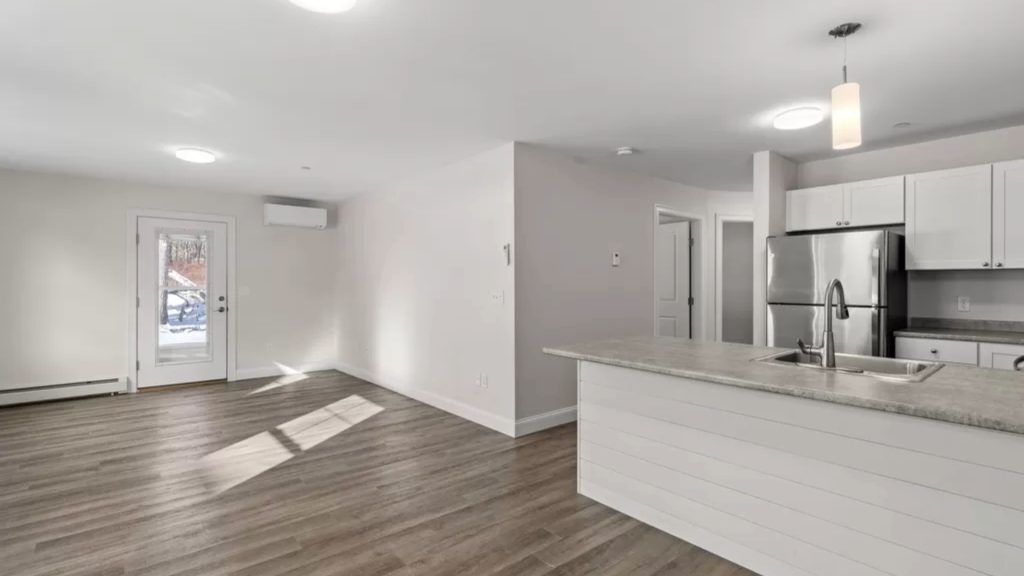
At current rates, this would amount to around $500 per month for a one-bedroom apartment. The state funding is intended to help asylum seekers establish themselves while they await work permits and find employment.
Trump Jr Calls Out Project as ‘Taj Mahal’ Welcome
The Brunswick Landing project has been heavily criticized as a ‘Taj Mahal’ welcome for asylum seekers by Donald Trump Jr. The 60-unit apartment complex will offer two years of rent-free housing for asylum seekers, followed by rent set at one-third of the market rate.

The Brunswick Landing project highlights the challenges of balancing the need to assist new immigrants with support for current residents. For the 23 families who have moved into the new units, the housing provides a lifeline as they start their new lives in the United States.
Apartment Rents Much Lower Than Market Rate
According to local property data, the median rent for a one-bedroom apartment in Brunswick is $1,600 per month. However, asylum seekers will be allowed to live rent-free in their units for up to two years while they await work permits.
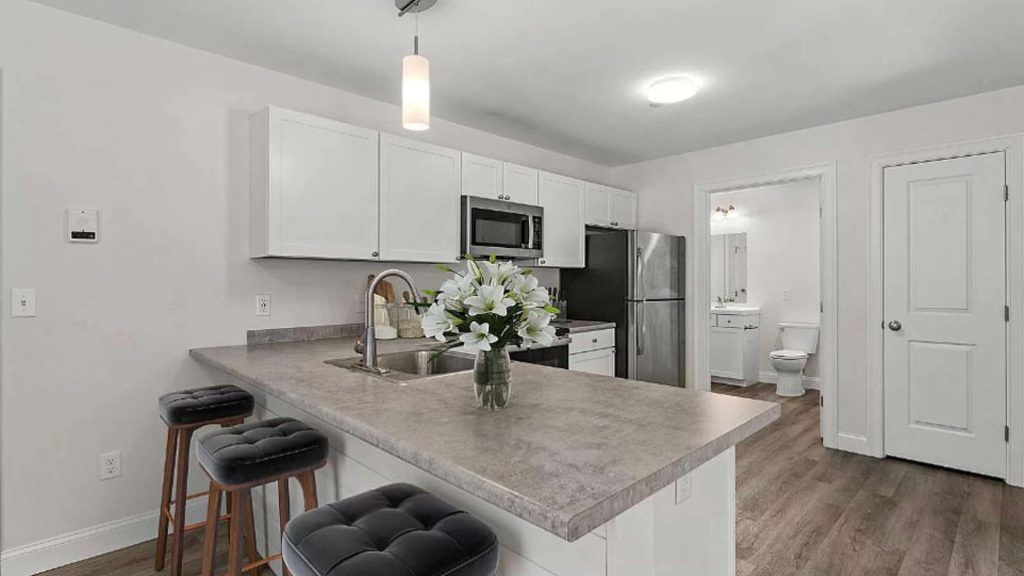
Once the tenants start earning an income that amounts to at least half of the median salary in Brunswick, which is $59,744 per year, according to SalaryExpert, they will be required to pay 30% of the market rent for their unit. For a one-bedroom apartment, this would amount to $480 per month.
Work Permit Process Can Take Months
The asylum seekers who will inhabit the housing complex will not immediately receive work permits upon arrival. The work permit application process typically takes at least six months and can extend up to several years in some cases, leaving the new arrivals in legal limbo regarding employment during that period.
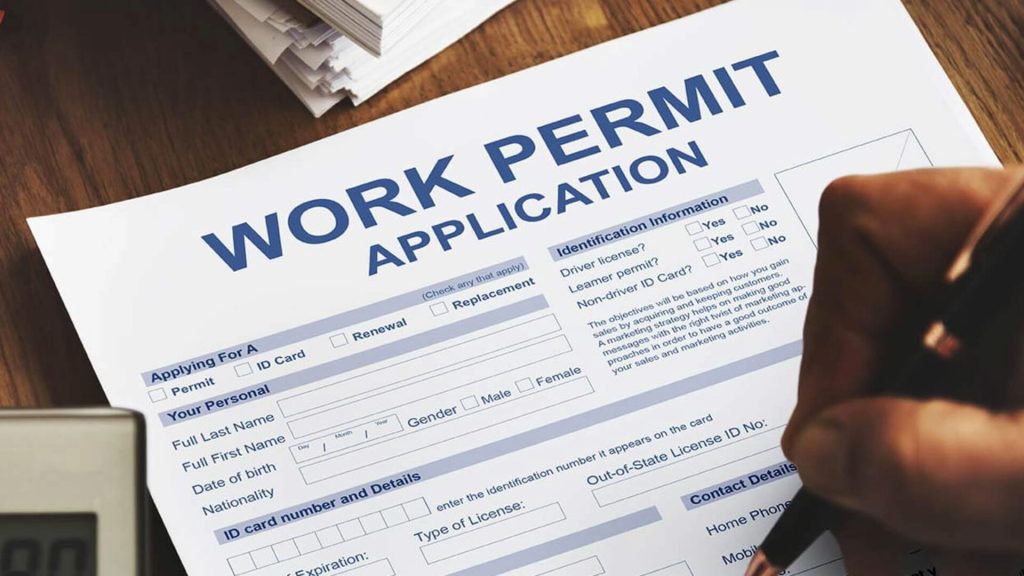
While awaiting work permits, the asylum seekers will live rent-free in the complexes for up to two years. Once half of the median salary of $59,744 is attained, tenants will pay 30% of the market-rate rent, around $500 a month for a one-bedroom apartment.
Mixed Reactions From Brunswick Residents
Supporters counter that the project will benefit the town economically in the long run. The units are designed to provide temporary housing for asylum seekers as they await work permits, a process which typically takes at least six months.
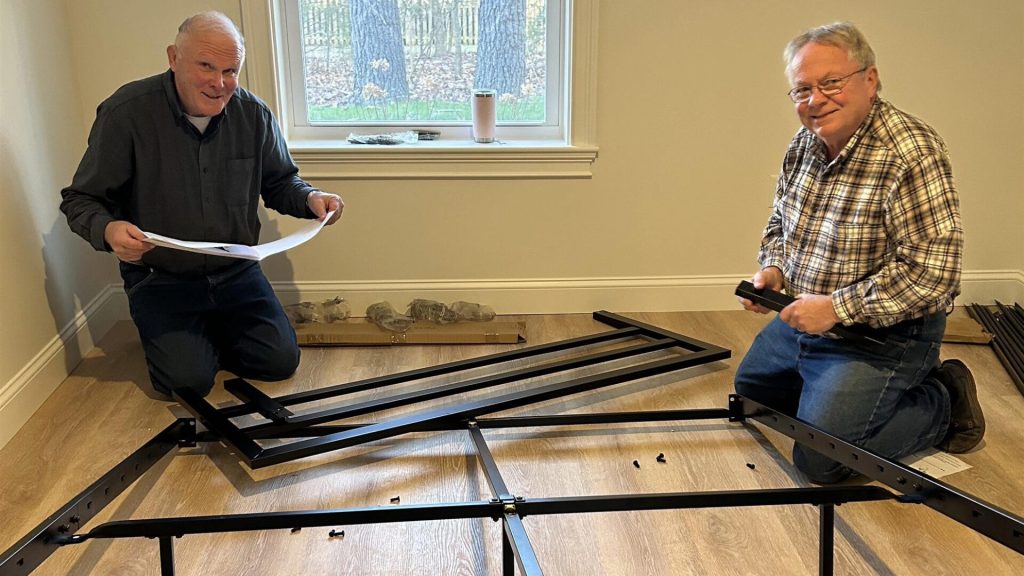
Once earning 50% of the median local salary, tenants will start paying 30% of the market rental rate for their units. At that point, the apartments will generate revenue that can be reinvested into the community.
Asylum Seekers Haven or Community Hell?
The controversial asylum seeker housing project in Brunswick highlights the challenges of balancing fiscal responsibility with compassion.
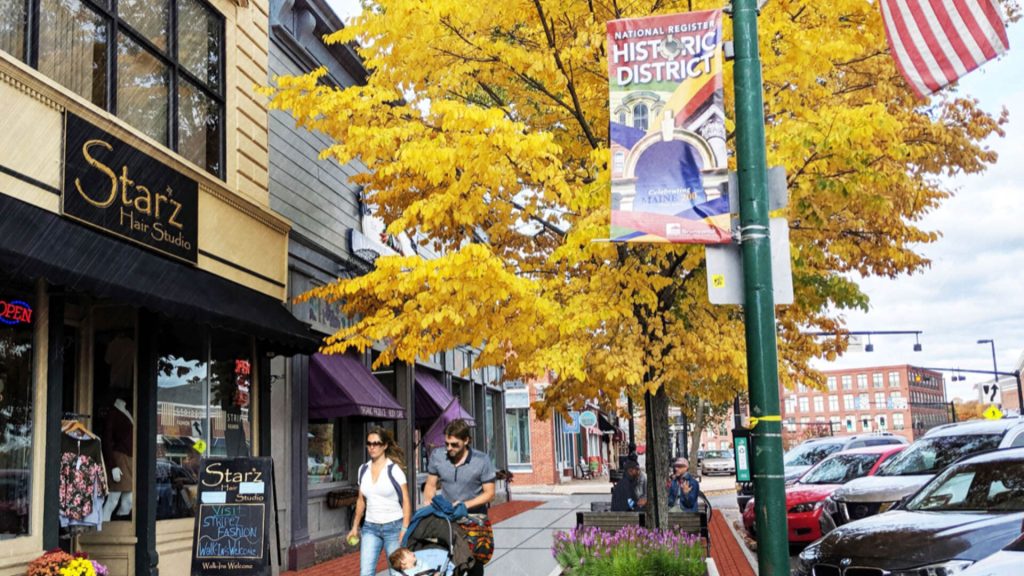
Brunswick now faces tough decisions about how to move forward in a way that upholds its values of inclusion while addressing residents’ valid concerns.

